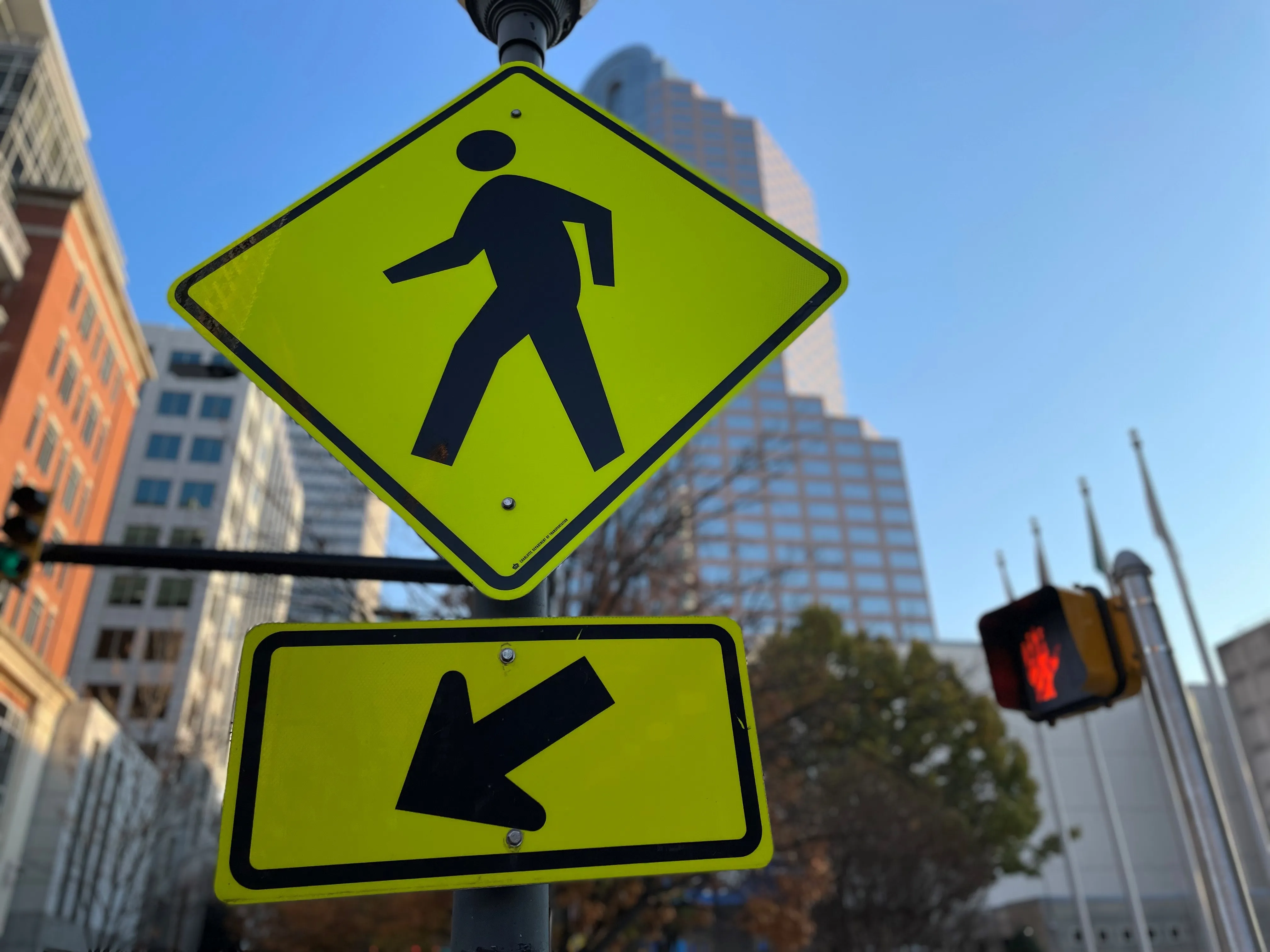The Mayor of London, Boris Johnson, has revealed further details of plans to deliver his bold vision for the future of London’s road network, aimed at reducing congestion, creating new public spaces and encouraging more people to walk and cycle.
The Mayor unveiled proposals to redesign a number of key road networks in the capital in order to unlock growth and make the capital a more attractive place to live and work.
The Mayor and
Five locations have subsequently been identified as being suitable for further feasibility work by TfL: A mini tunnel at the A13 in Barking Riverside; Decking of the A3 in Tolworth; A fly-under at the A316 at Chalkers Corner; A fly-under at the A4 in Hammersmith; and decking or a mini-tunnel at the A406 in New Southgate.
Johnson said: “Rebuilding some of our complex and aging road network underneath our city would not only provide additional capacity for traffic, but it would also unlock surface space and reduce the impact of noise and pollution. I am inspired by what the ambitious people of Boston have achieved here at the Big Dig, both in terms of reducing congestion and how they have dramatically improved the quality of life on the surface. In London we face similar challenges on our roads, but this could also be a fantastic opportunity to better shape our city and support economic growth.”
TfL will now work with local boroughs to progress these proposals further, including working up more detailed costs and possible funding options and an indicative programme of delivery if funding can be secured. This further analysis will be presented to the Mayor in May.
Mayor’s plans for London’s road network step up a gear
The Mayor of London, Boris Johnson, has revealed further details of plans to deliver his bold vision for the future of London’s road network, aimed at reducing congestion, creating new public spaces and encouraging more people to walk and cycle.
The Mayor unveiled proposals to redesign a number of key road networks in the capital in order to unlock growth and make the capital a more attractive place to live and work.
February 10, 2015
Read time: 2 mins








